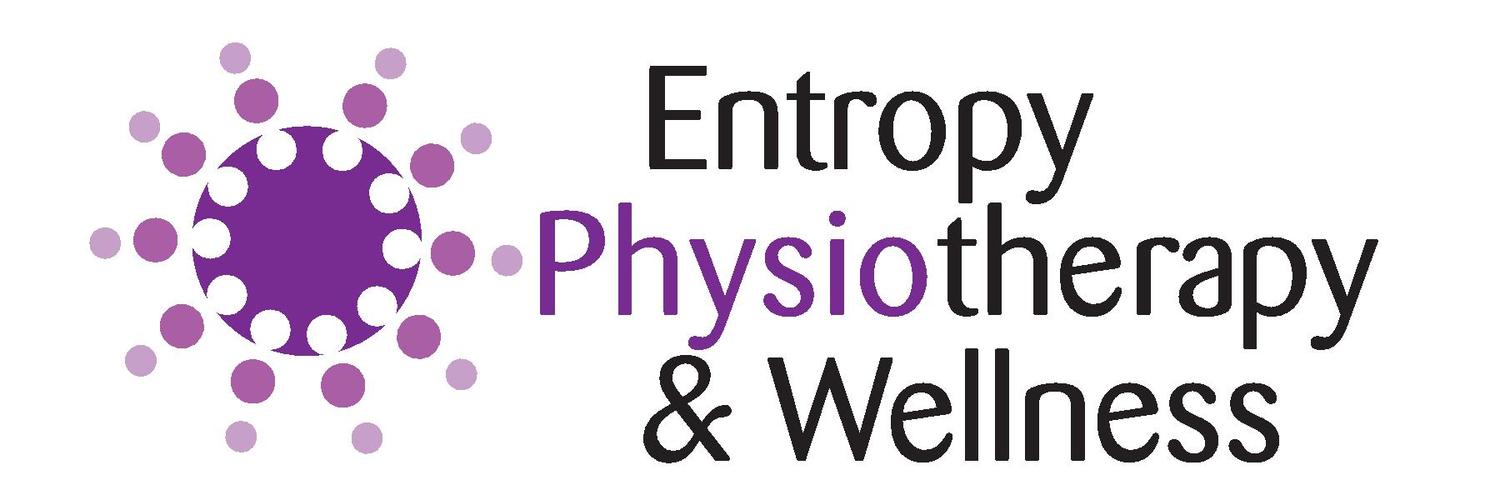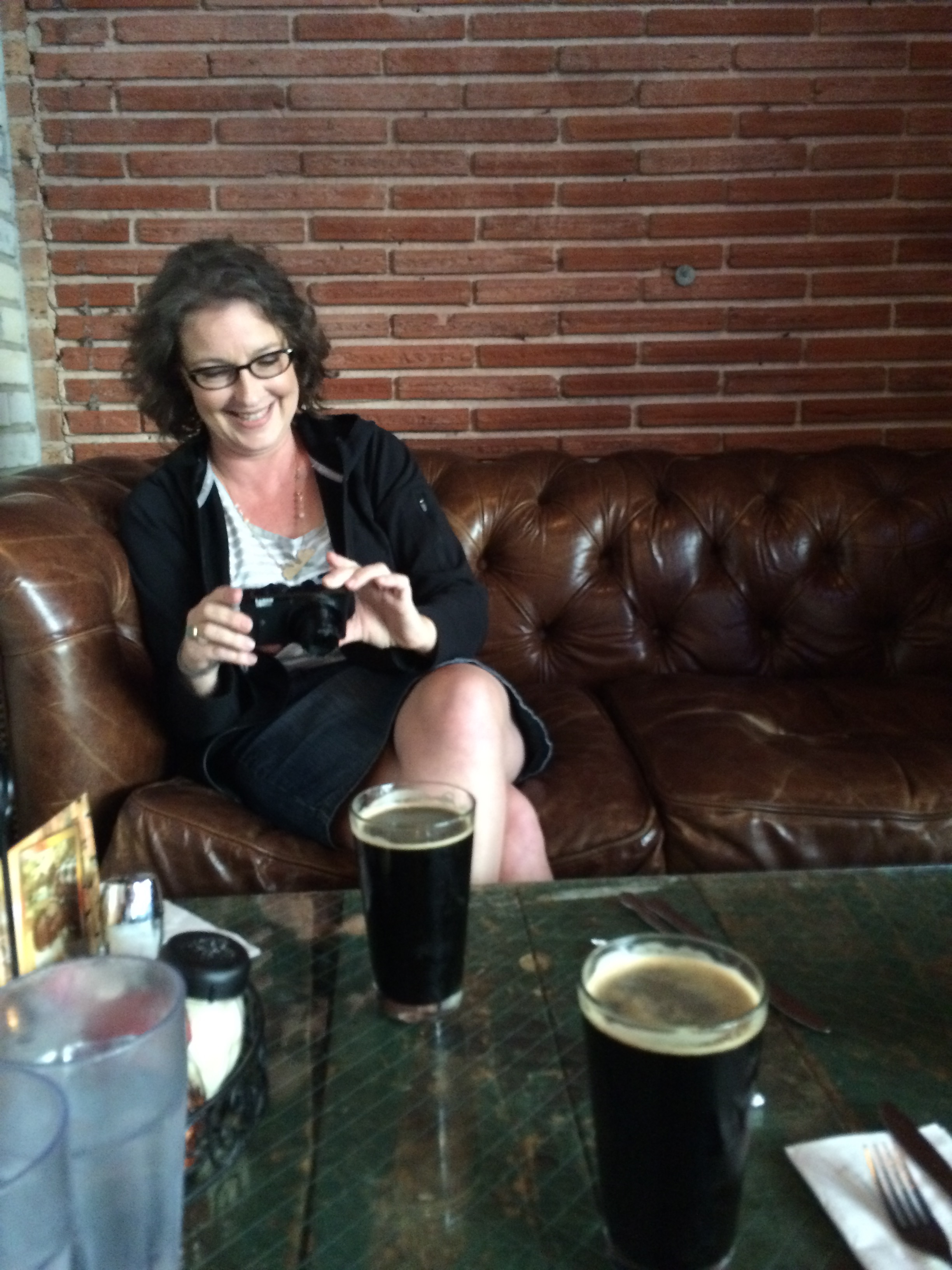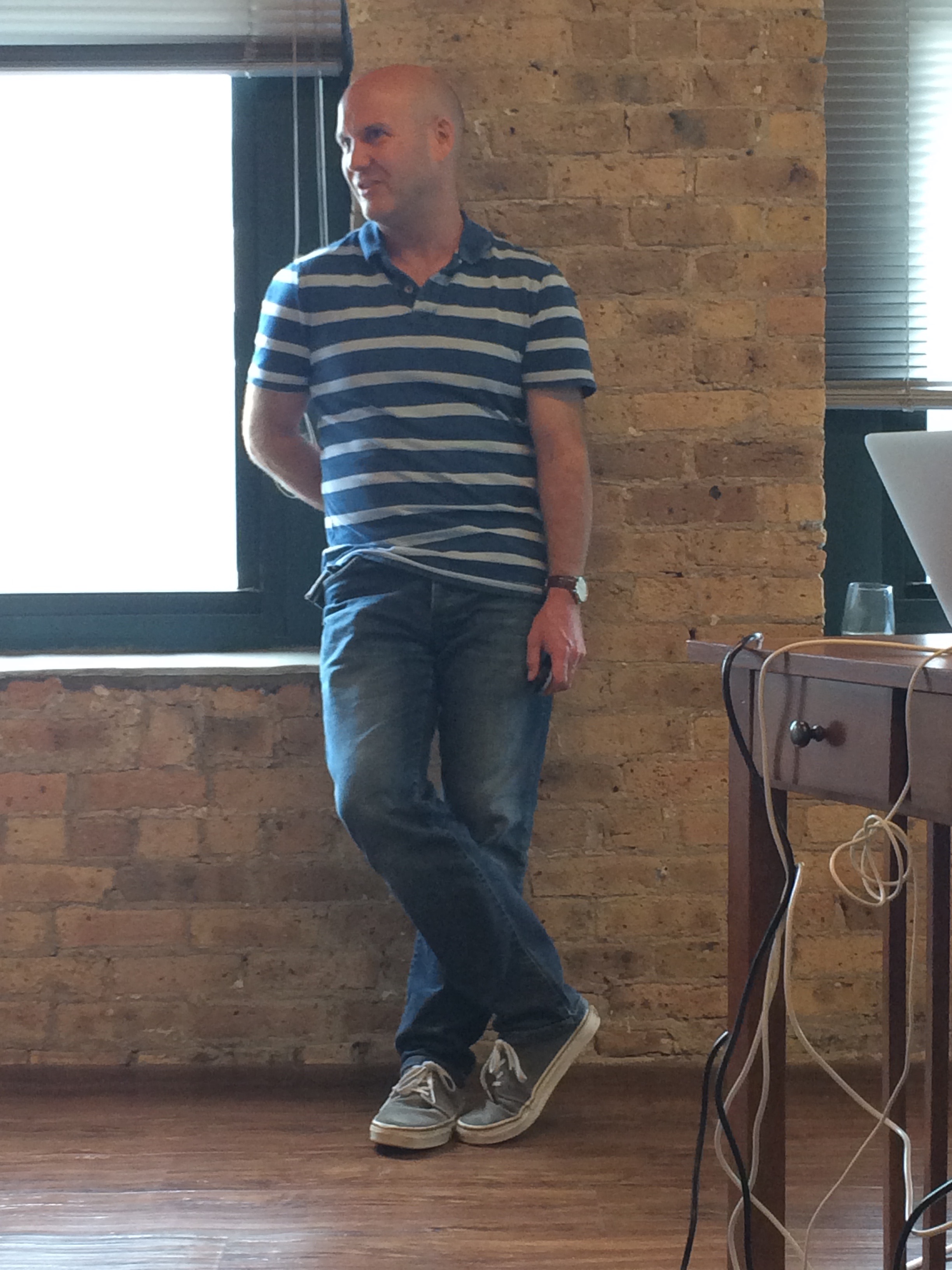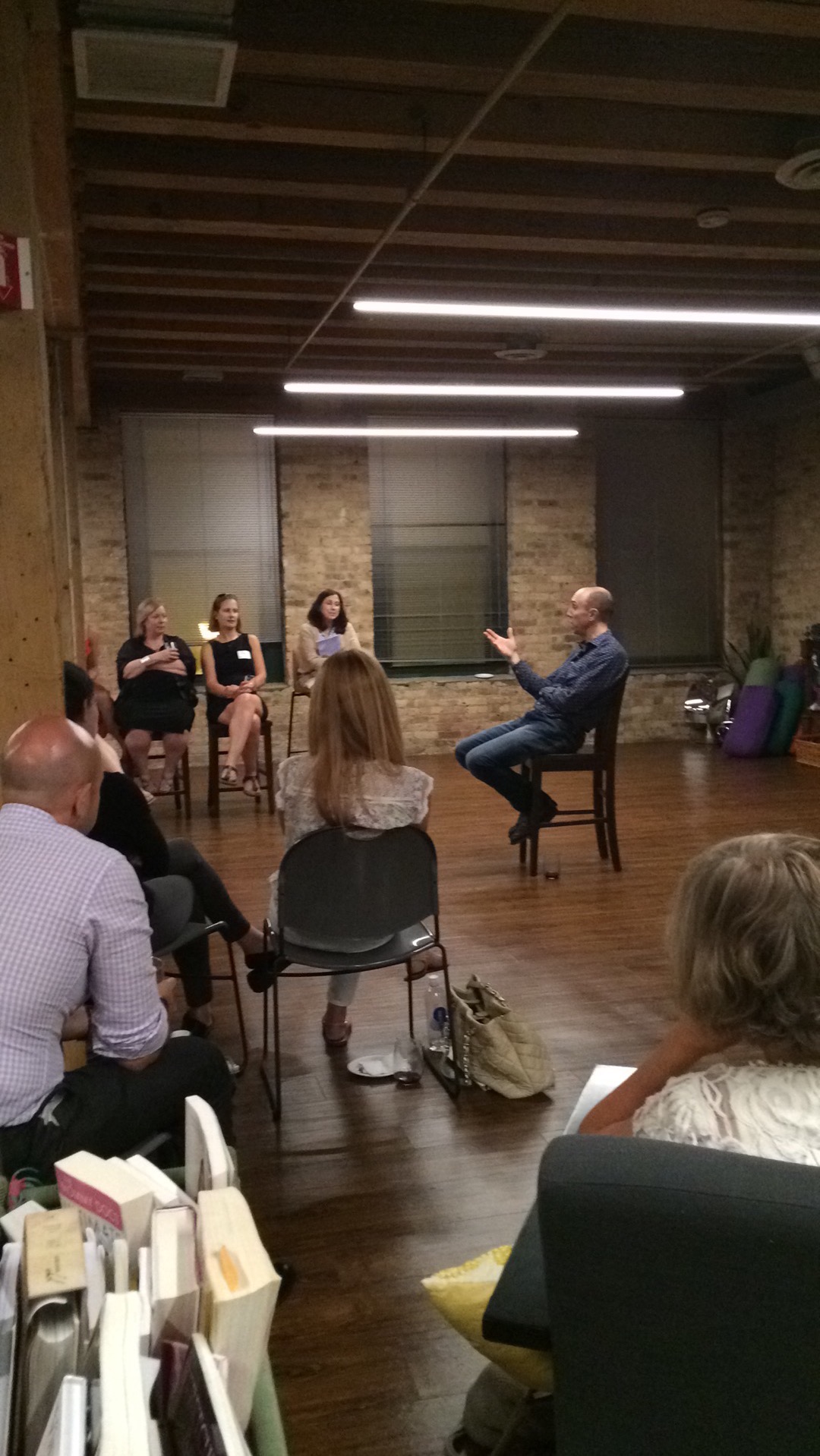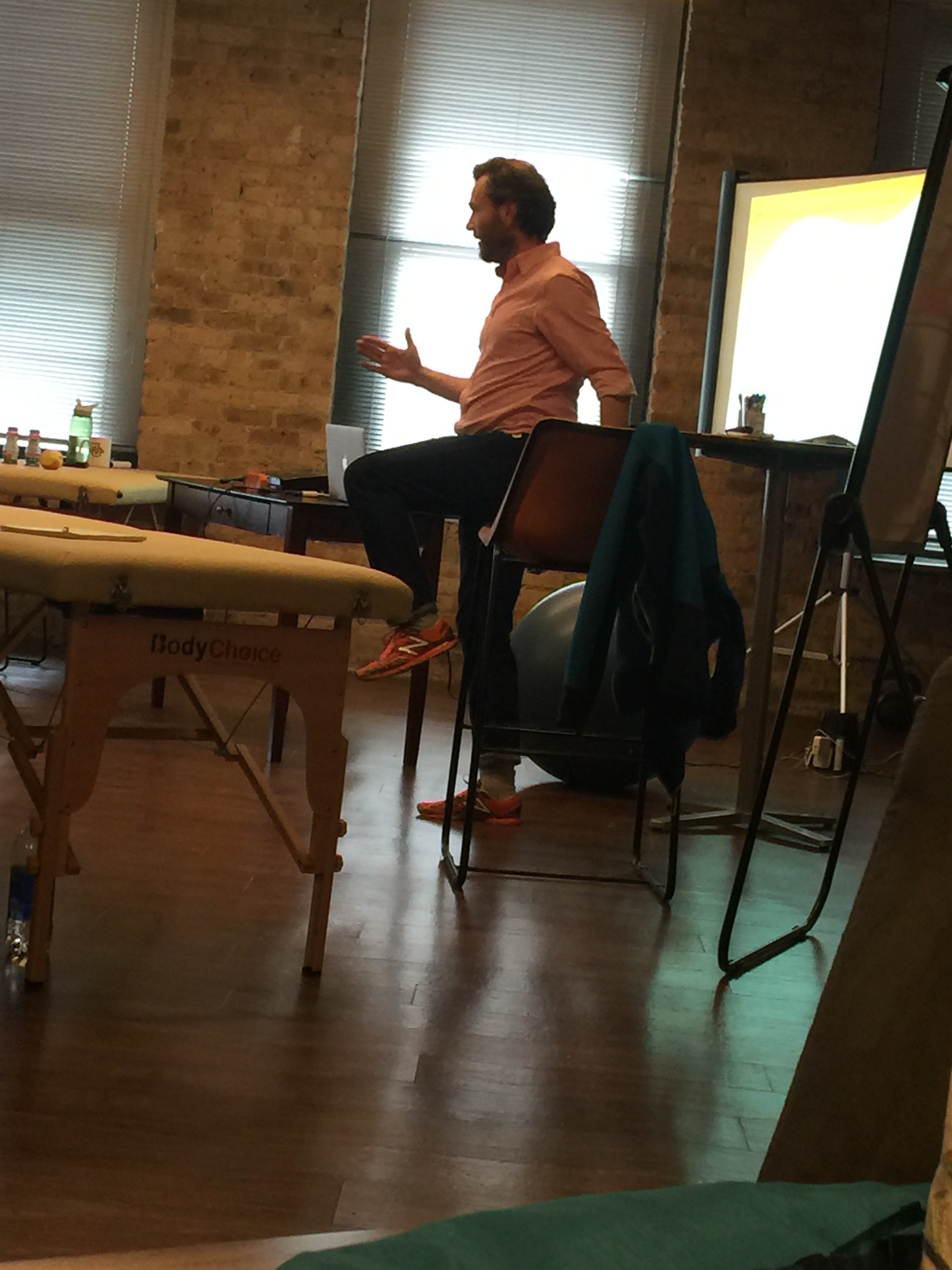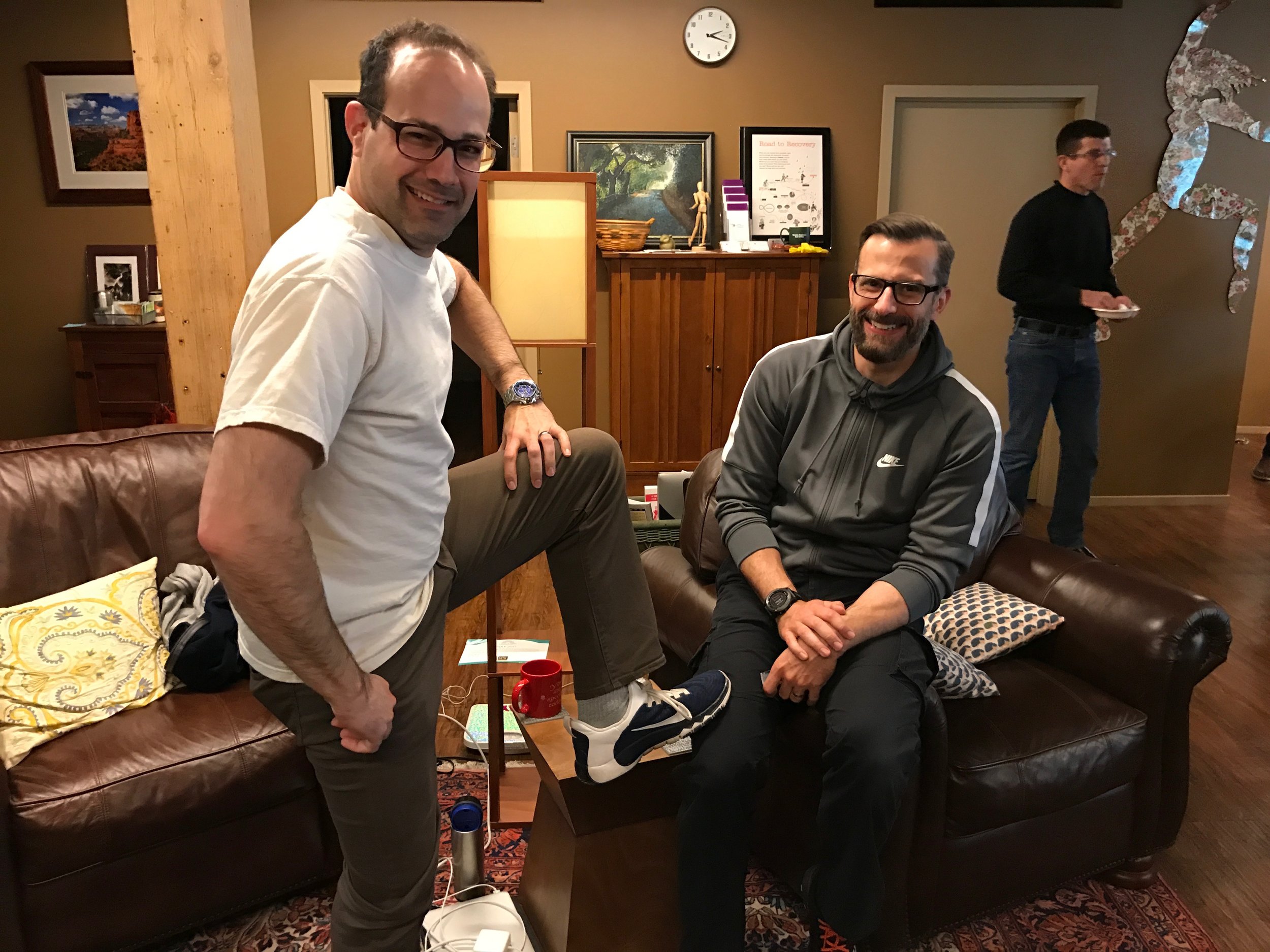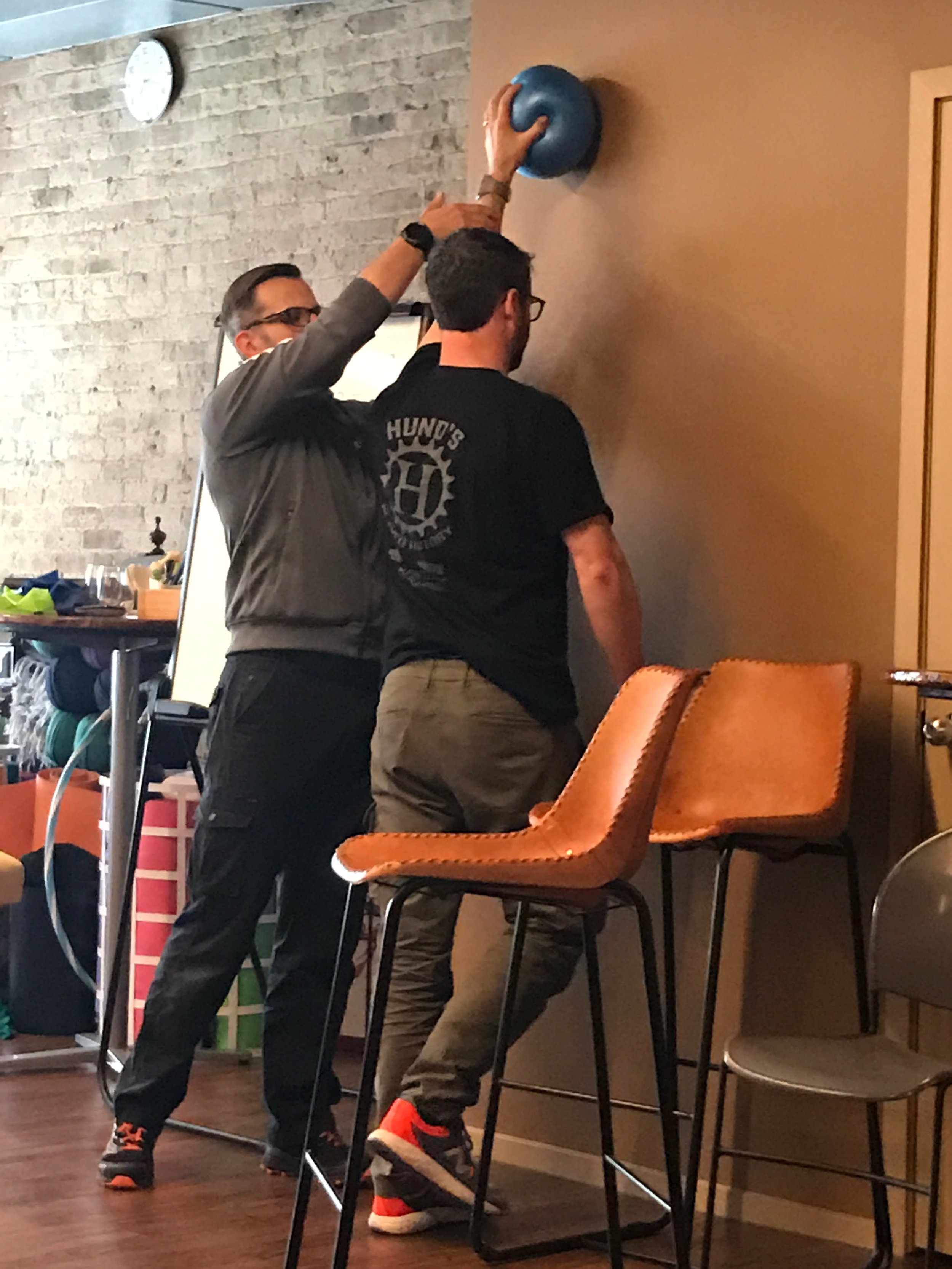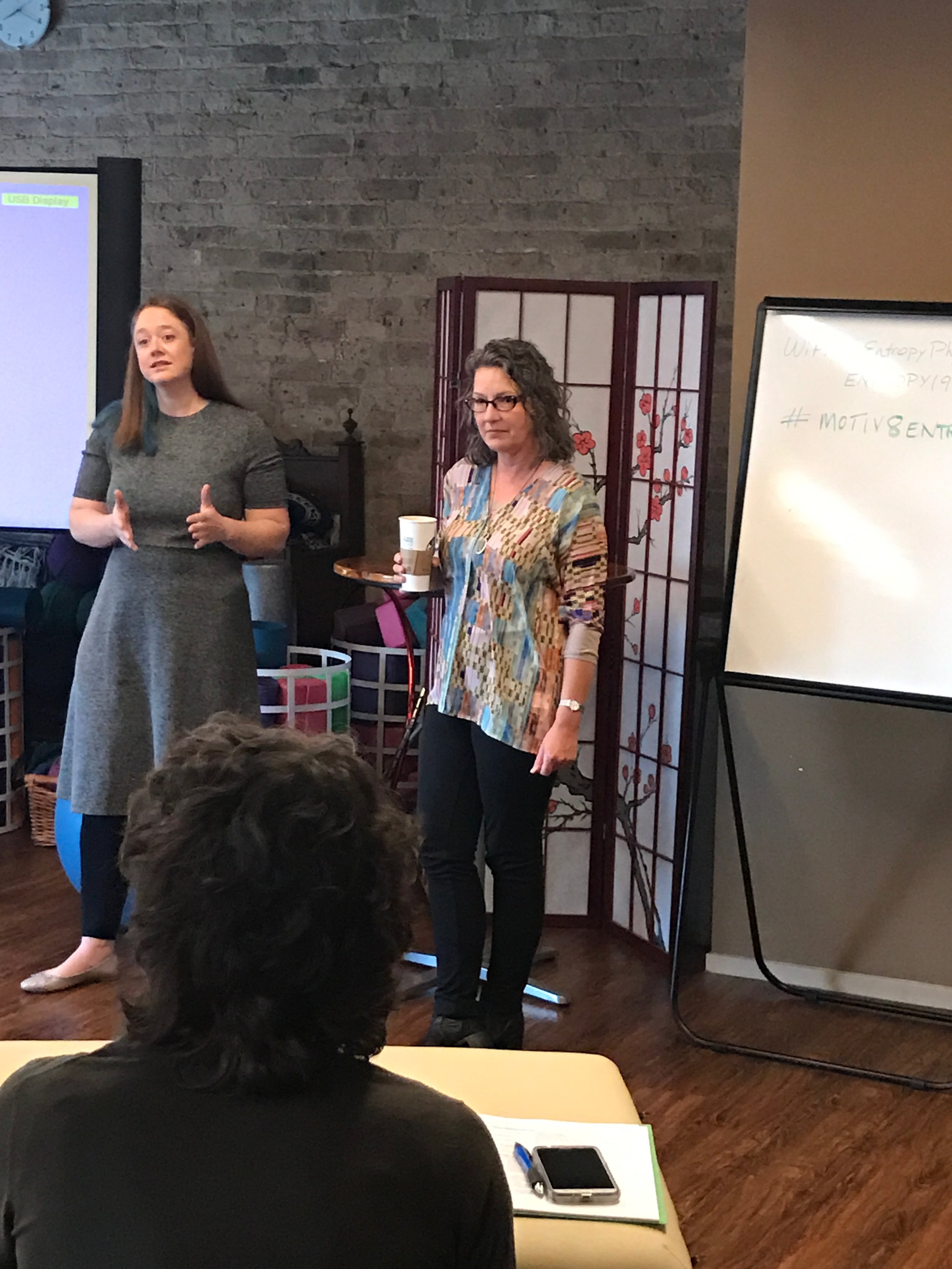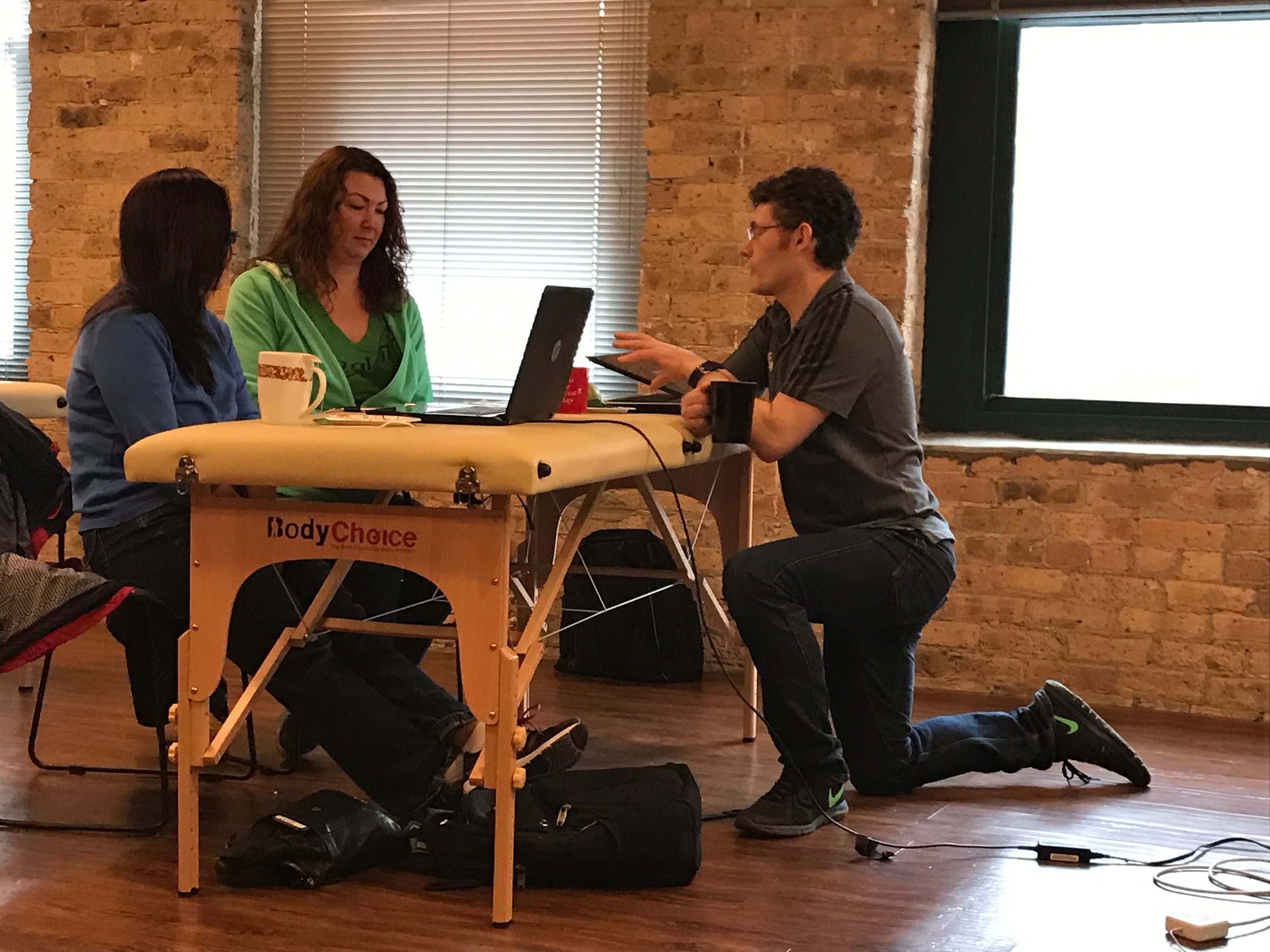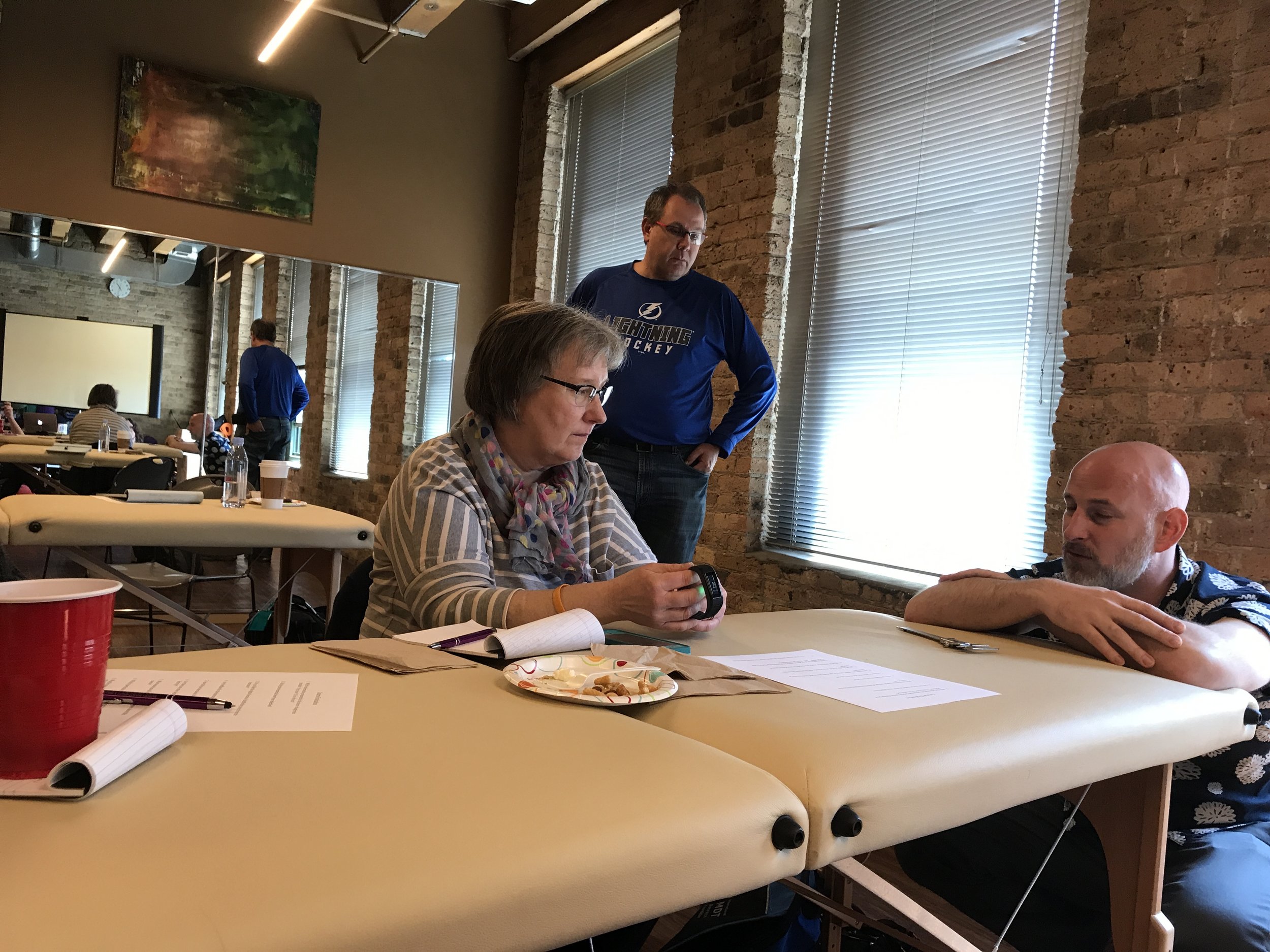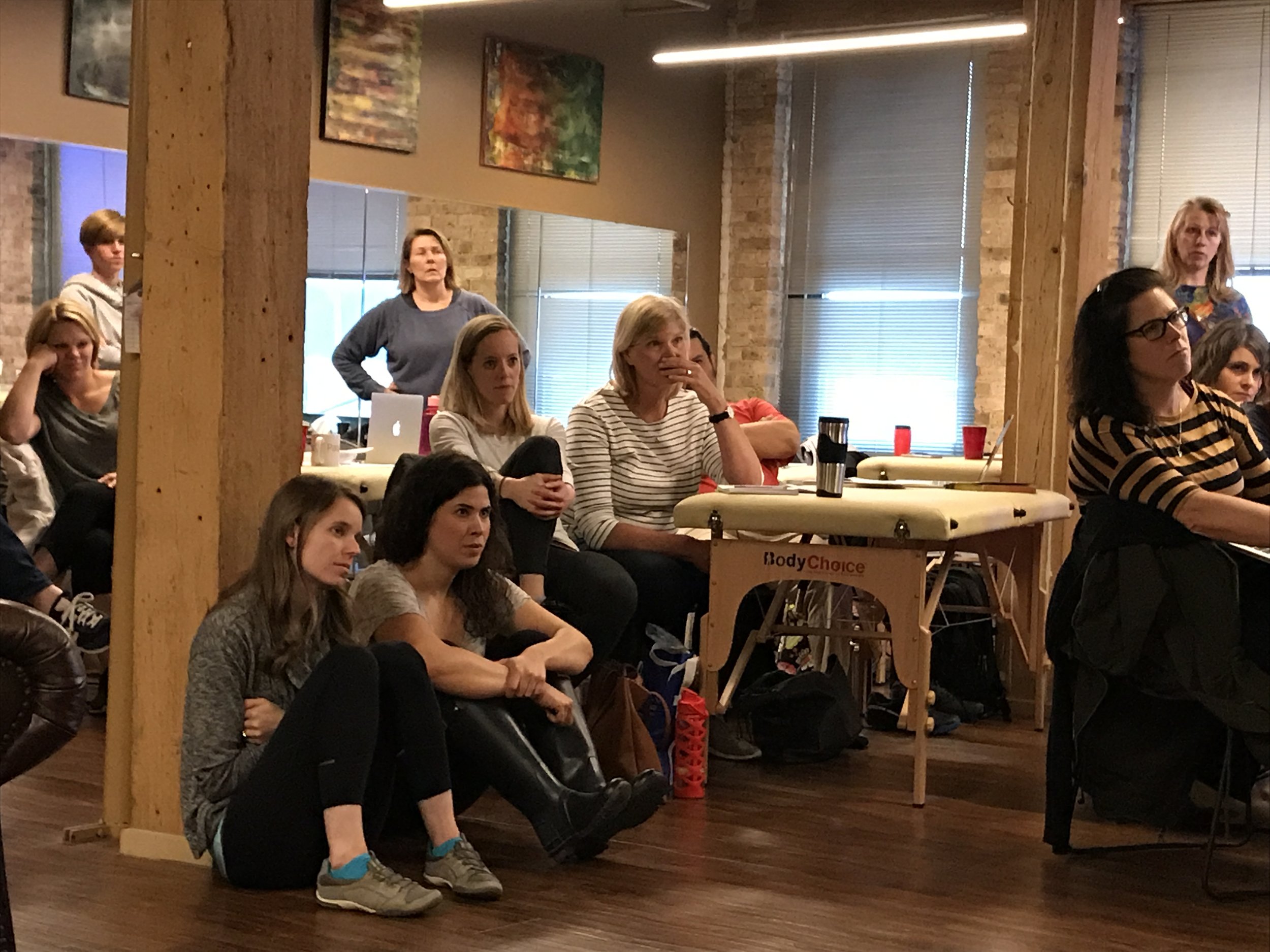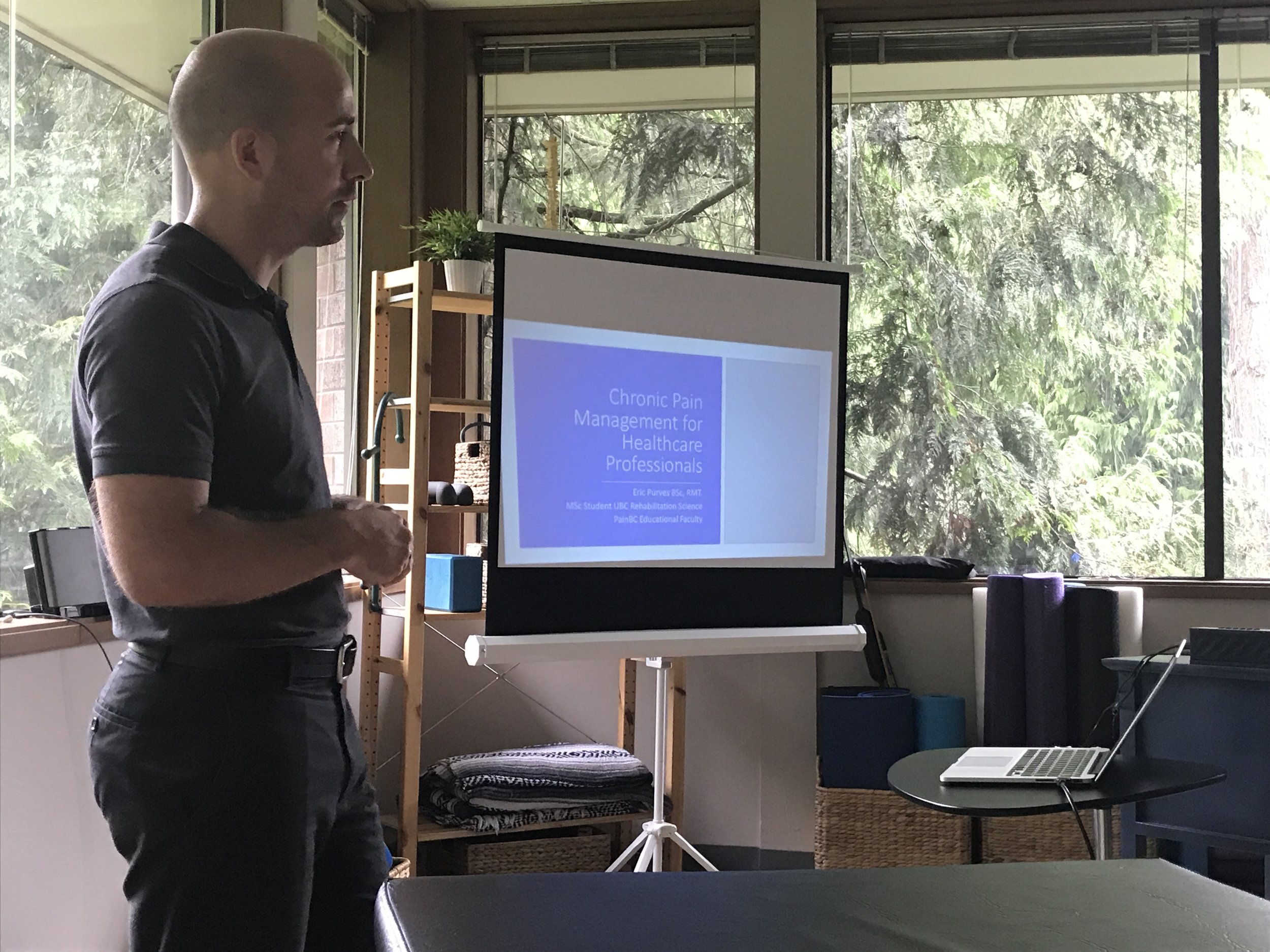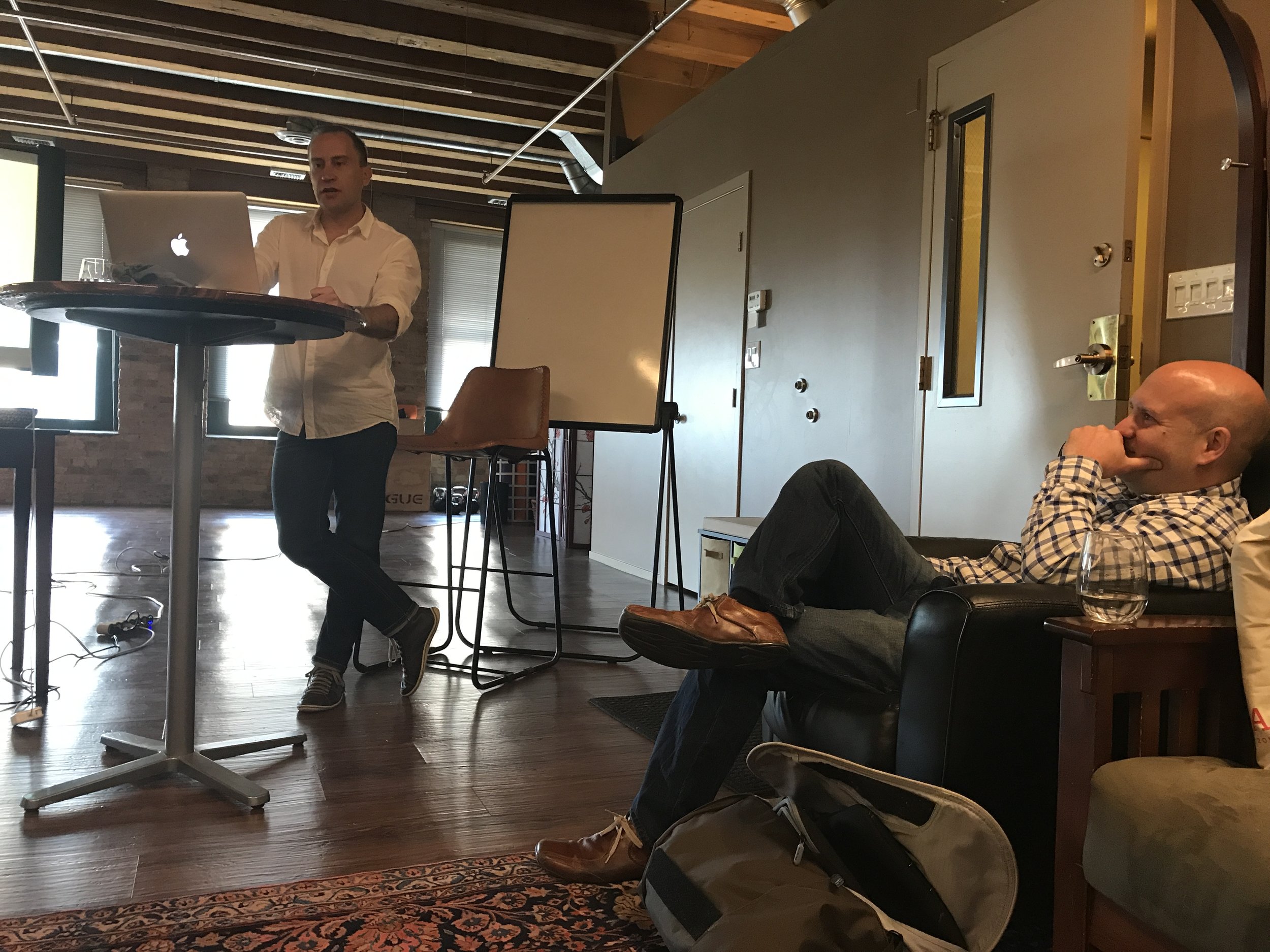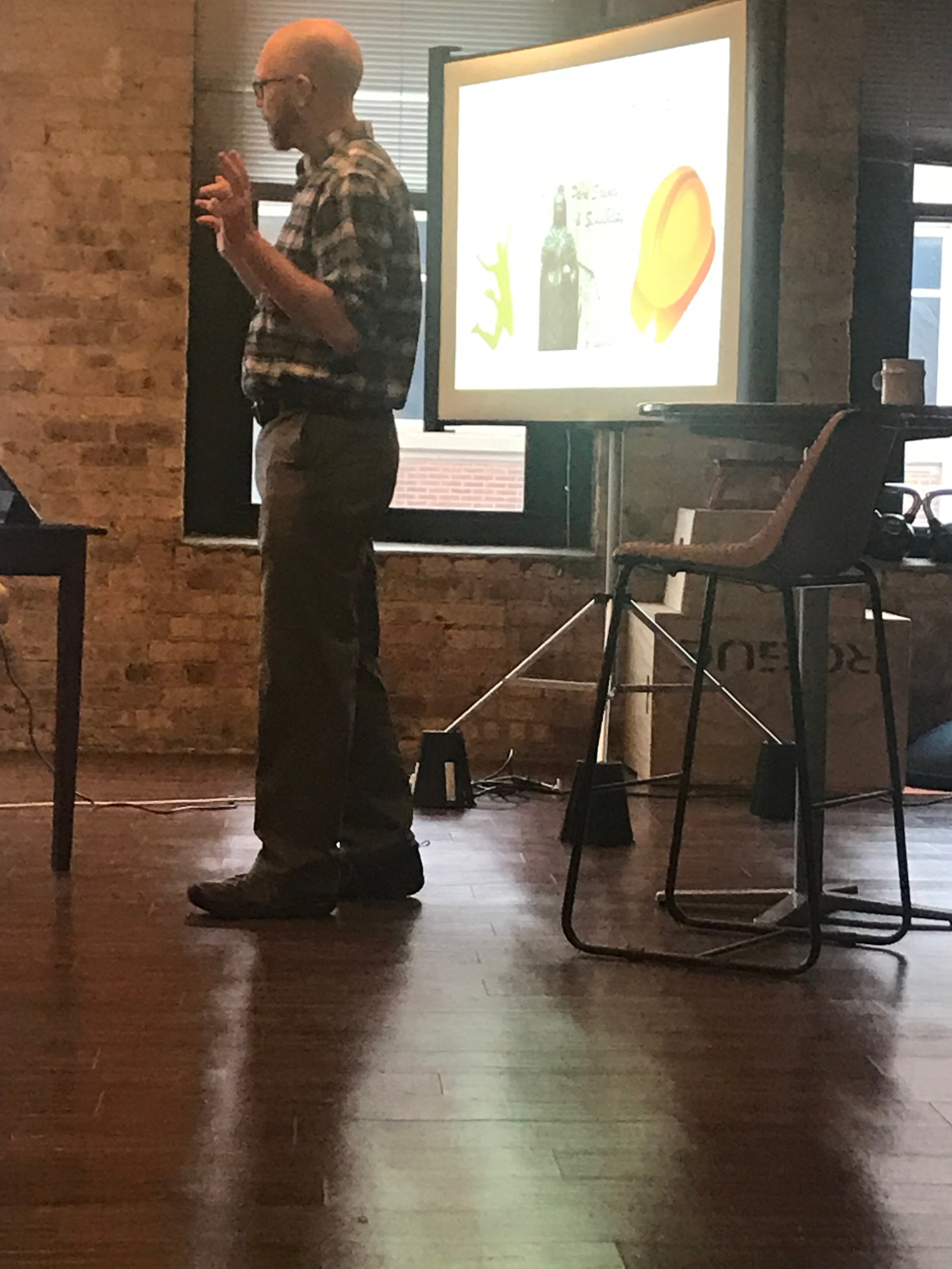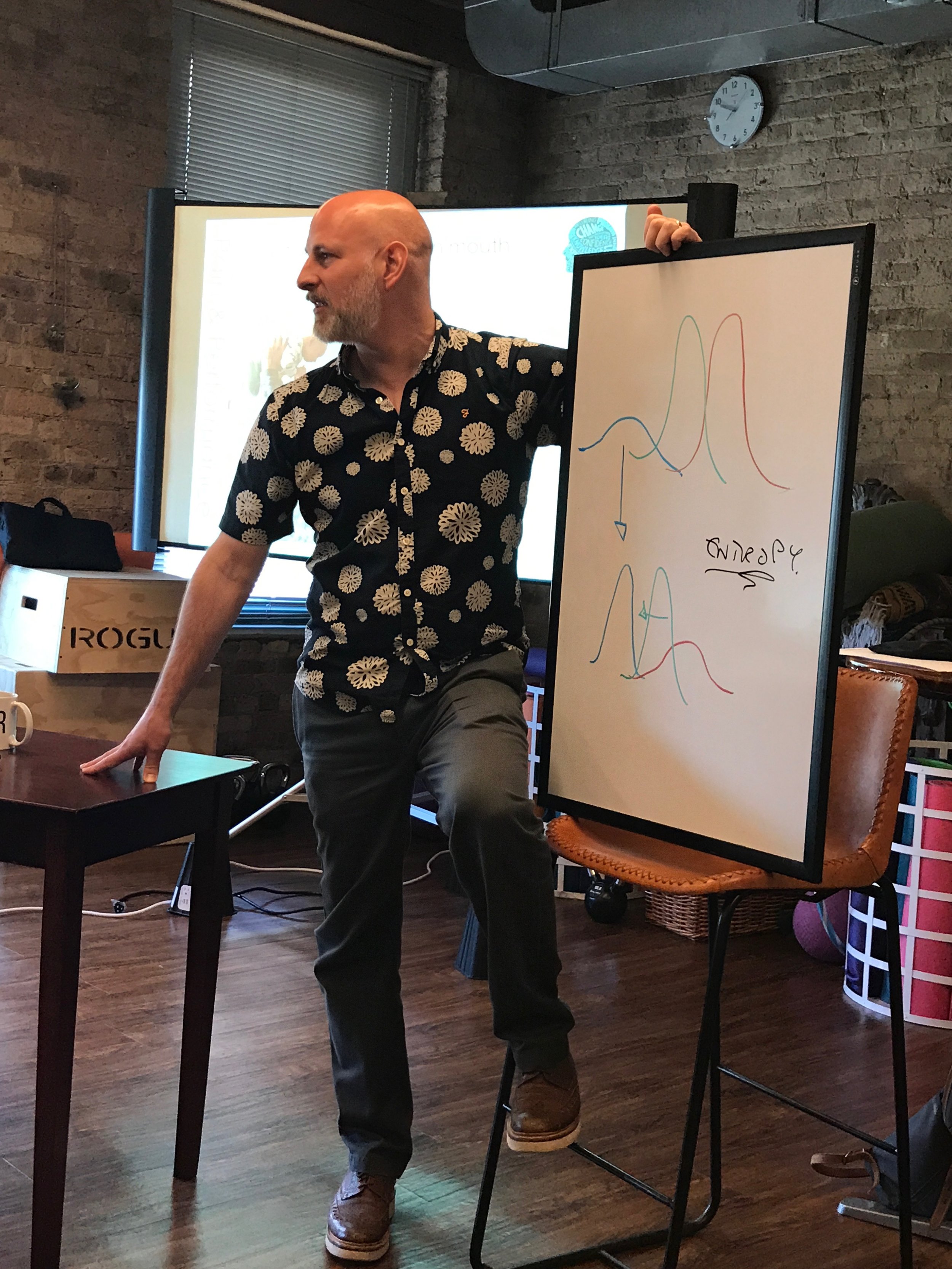Increasing numbers of COVID-19 survivors of all ages are reporting chronic or “long-haul” symptoms that will challenge rehabilitation specialists and the healthcare system at large. In 2021, Bloomberg et al found that 61% of COVID patients reported persistent symptoms 6 months after recovering from acute COVID-19. A survey of nearly 4000 patients with persistent “Long COVID” symptoms found that the majority of these patients were unable to return to previous levels of work 6 months after contracting COVID (Davis et al, 2020.) Persistent symptoms affect even those reporting mild symptoms of the acute coronavirus, challenging the belief that only severe infection could have long-term effects. The most commonly reported persistent symptoms to have the potential to significantly disrupt functional capacity: fatigue, dyspnea, tachycardia, activity/exercise intolerance, “brain fog”/cognitive effects, sleep disturbances, cough, and chronic pain. Although Long COVID has a heterogeneous presentation, anxiety, depression, and post-traumatic stress are frequent comorbidities that demand a trauma-informed and biopsychosocial approach to rehabilitation.
This course will review evolving research on Long COVID, as well as established data on similar chronic conditions and pertinent neuroimmune physiology. Options for treatment will explore established and emerging methodology including evidence-informed clinical application of therapeutic neuroscience education, polyvagal theory, pulmonary rehabilitation, pacing, and graded activity, autonomic conditioning, and mindfulness-based strategies including meditation, mindful movement, breathing, and compassion strategies. Mindfulness and self-care will also be explored as tools for the healthcare professionals caring for this population. A hybrid live/virtual format will emphasize lab/skills practice designed to engage both live and virtual participants. Participants can expect to challenge their clinical reasoning skills and expand their clinical toolbox so as to improve outcomes in patients with Long COVID as well as other chronic multisystemic conditions such as post-intensive care syndrome, chronic fatigue syndrome, complex persistent pain, and dysautonomia/POTS.
